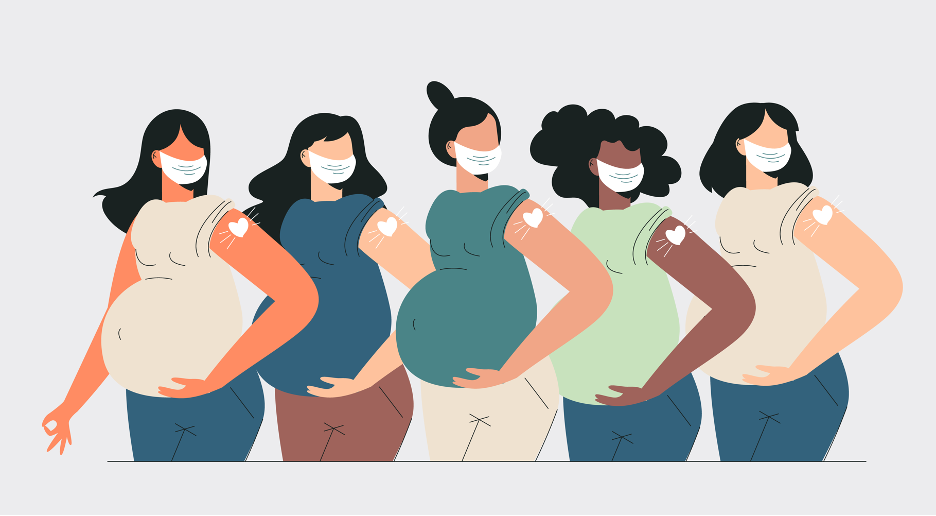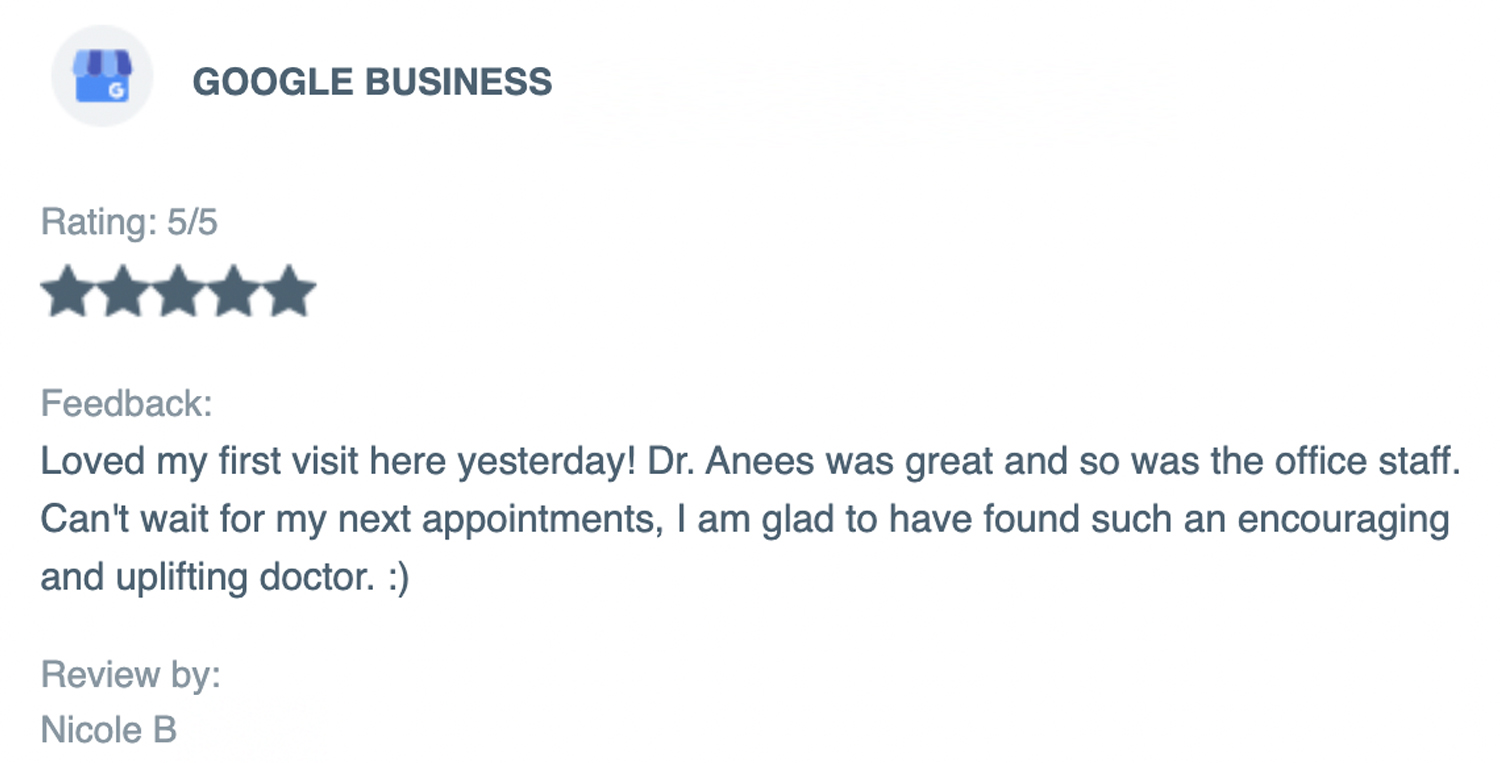Pregnant women have long been considered a priority group in the fight against COVID-19. With the development of vaccines that are now readily available, people often ask: can pregnant women take the vaccine?
Below, this COVID vaccination clinic in Northwest Indiana is going to explore the safety and efficacy of vaccinating pregnant women. We will also discuss the potential risks associated with doing so. We will also provide advice for those who are considering taking a vaccine while pregnant.
Pregnant Women Can Get Vaccinated Safely
The Centers for Disease Control and Prevention (CDC) recommend that pregnant women get vaccinated against COVID-19. The safety of vaccines has been thoroughly tested in clinical trials, and there is no evidence to suggest that they are unsafe for pregnant women.
In fact, some studies have found that getting vaccinated while pregnant can provide additional protection to both the mother and the baby.
The most important consideration with taking any vaccine while pregnant is understanding the potential risks associated with it.
Vaccines contain ingredients like formaldehyde and thimerosal, which are known to be toxic at high levels. However, because these components are only present in trace amounts in vaccines, their risk to a developing fetus is very low.
Additionally, research suggests that even if a pregnant woman does experience side effects after receiving the vaccine, they are typically mild and do not pose any major risks.
Overall, getting vaccinated while pregnant is a safe and effective way to protect both the mother and baby from COVID-19. It’s important to speak with a healthcare provider at your local COVID vaccination clinic in Northwest Indiana before making this decision so you can weigh the benefits and risks of taking the vaccine.
Getting Vaccinated Can Help Protect Your Baby
Getting vaccinated while pregnant has been found to be safe and effective in protecting both the mother and baby from COVID-19.
Vaccines help build immunity by introducing a harmless version of the virus into your body, prompting your immune system to create antibodies that can help protect you if you become infected with the real virus in the future.
Studies have shown that when pregnant women get vaccinated against COVID-19, their bodies make protective antibodies which are then passed on to their babies through the placenta.
This means that even if a mother becomes infected with COVID-19 after her baby is born, her baby will still be protected from it due to the antibodies she received from her mother’s vaccine.
What Are the Ingredients in the COVID-19 Vaccine?
The ingredients in the COVID-19 vaccine depend on the manufacturer. However, all vaccines must meet the safety standards set by the FDA.
Vaccines typically contain various components, such as viruses (or pieces of viruses), salts, sugars, and preservatives to help keep them stable during storage and transport.
The Pfizer/BioNTech vaccine, available at the 219 Health Network COVID Vaccination Clinics, contain messenger RNA (mRNA) which is a type of genetic material that helps your cells produce antibodies against COVID-19. It also contains lipids or fats to help protect the mRNA so it may make its way into your cells and do its job of creating antibodies.
Looking for a COVID Vaccination Clinic in Northwest Indiana?
We understand that pregnant women have unique needs when it comes to protecting themselves and their babies from COVID-19. Are you currently pregnant and looking for more information about how the COVID-19 vaccination could impact you? If so, 219 Health Network is here to help.
We are here to answer any questions you may have about getting vaccinated while pregnant, and we can also help guide you through the process of making an informed decision about your health. Contact us today at 833-219-0001 to learn more.























































Recent Comments